Corporate investors can be superheroes for startups in times of crisis. But CVC heroes are not all the same, and each type has its nemesis. These are our predictions for how well they will survive 2023.
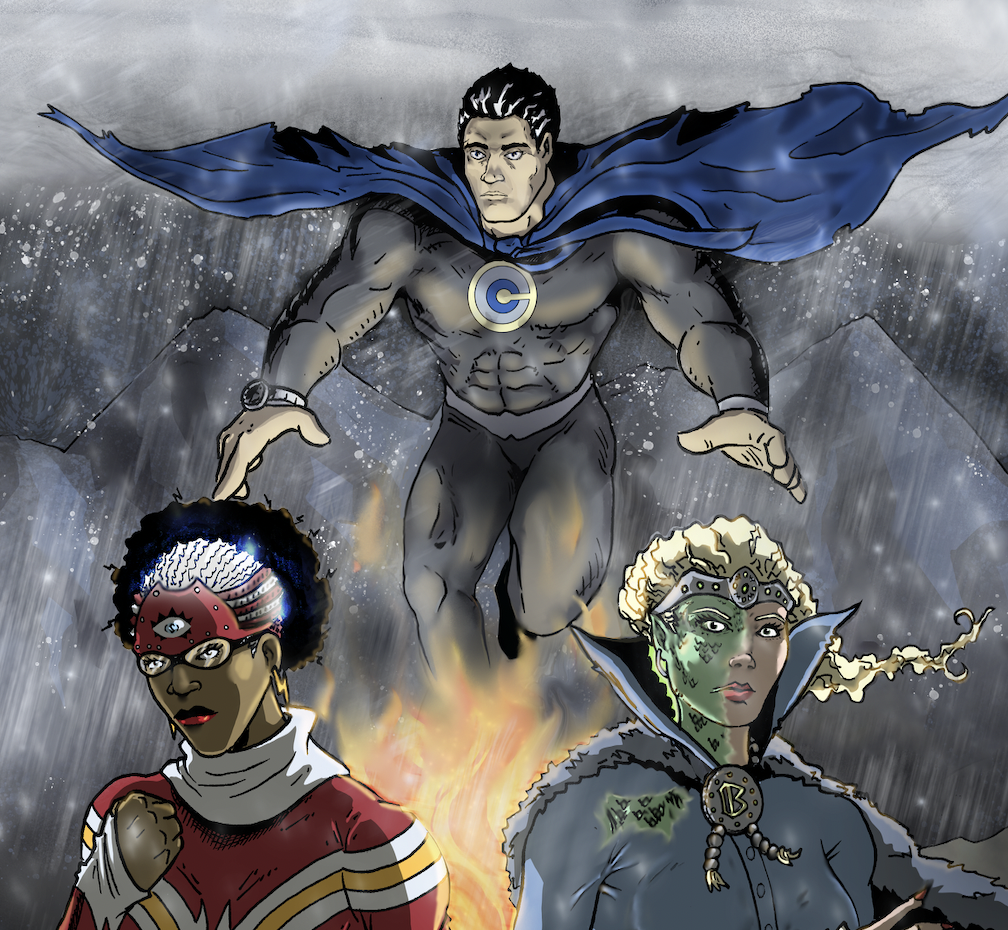
It is at a time of crisis that superheroes are needed the most. For the startup ecosystem, 2023 is increasingly looking like the year of crisis. As we described in an earlier article, corporate investors play the role of crusaders, serving in the super-hero-like role of defending, supporting and funding nascent ventures. Yet, not all superheroes are created equal, and for some, the events of the last few months may represent their own ‘kryptonite moment.’ In this article, we peer the internal workings of the three crusader archetypes — Captain Corporate, Baroness Business and Venture Vision — and predict how viable and resilient each one is likely to be in the year to come.
The Winter is Coming: The strengths and challenges facing Corporate Crusaders
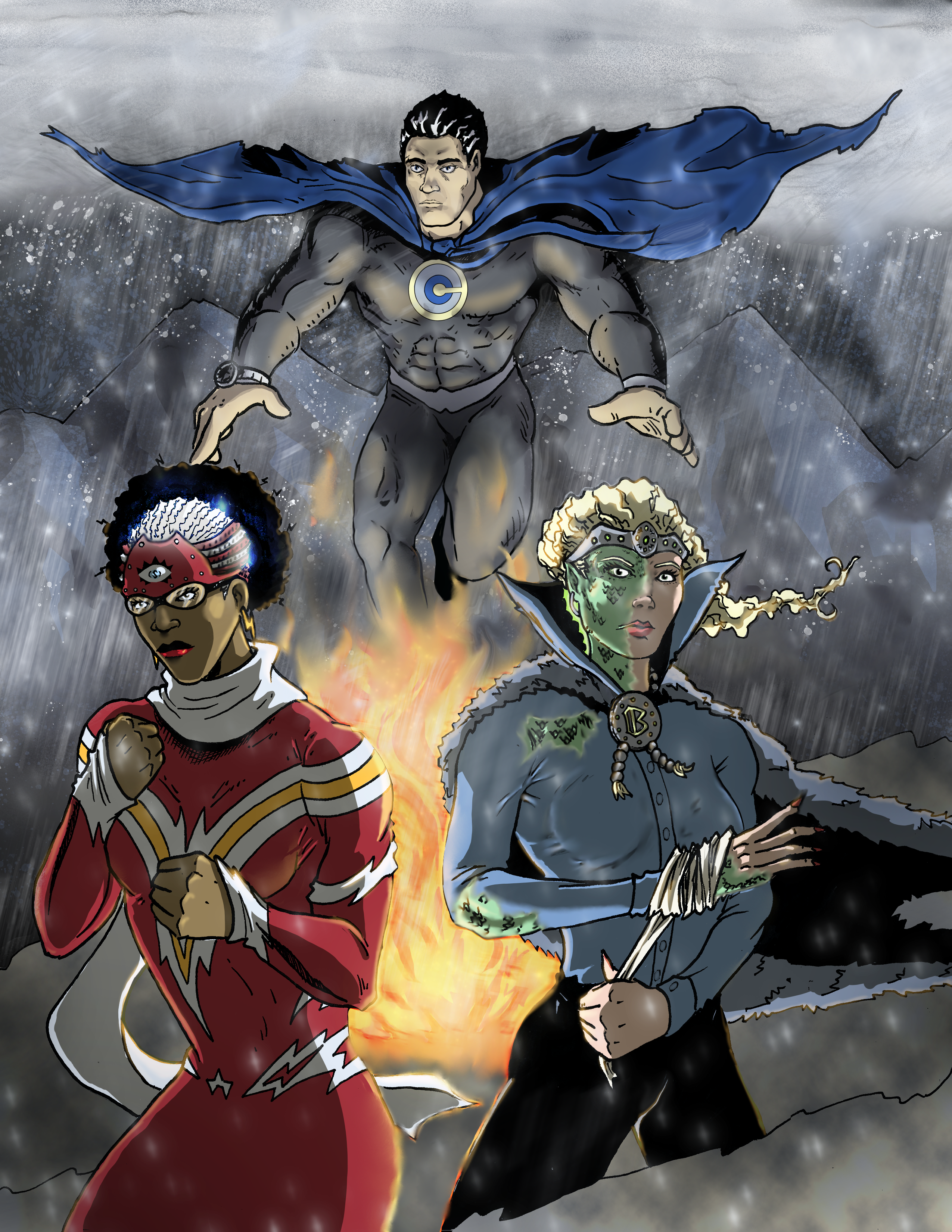
The startup ecosystem is facing unprecedented headwinds as valuations are slashed, funding dries up and priorities shift from growth to profitability. Against this backdrop corporate investors – at least as of the second half of 2022 – have shown a level of resilience; the National Venture Capital Association (NVCA) reports that CVCs have participated in more than a quarter of US VC deals in 2022, the highest rate this decade. The benefits to budding founders go well beyond the availability of capital. The second source of benefit is associated with the ability to leverage corporate know-how, distribution channels, customer access and the sheer certification that comes with corporate backing.
Given the specific features of the 2022/23 crisis, corporate crusaders offer two additional important advantages: good governance and profit-orientation. At a time when some startups and their institutional backers (be those new or established) have to face their governance shortcomings, a corporate investor can be part of the solution. Large corporations usually have routines and processes that support good governance – not only do they know what ‘good governance’ looks like, but also, they can help guide founders and thus serve as a much-needed stamp of good governance. Similarly, a corporate partner offers many opportunities to learn how to manage sales and scales with a profitability mindset rather than that of growth at all costs.
Yet, even superheroes can find their match. For our corporate crusaders, these can come in various shapes and forms (see X-Ray box). The dramatic changes in the external environment bring new challenges. Maybe equally detrimental are the internal challenges as corporate crusaders wake up to meet demands – and face potential nemeses – from within. Informed by our three CVC archetypes, we peer the internal workings of each archetype and derive predictions as to their respective viability and longevity in 2023.
Captain Corporate
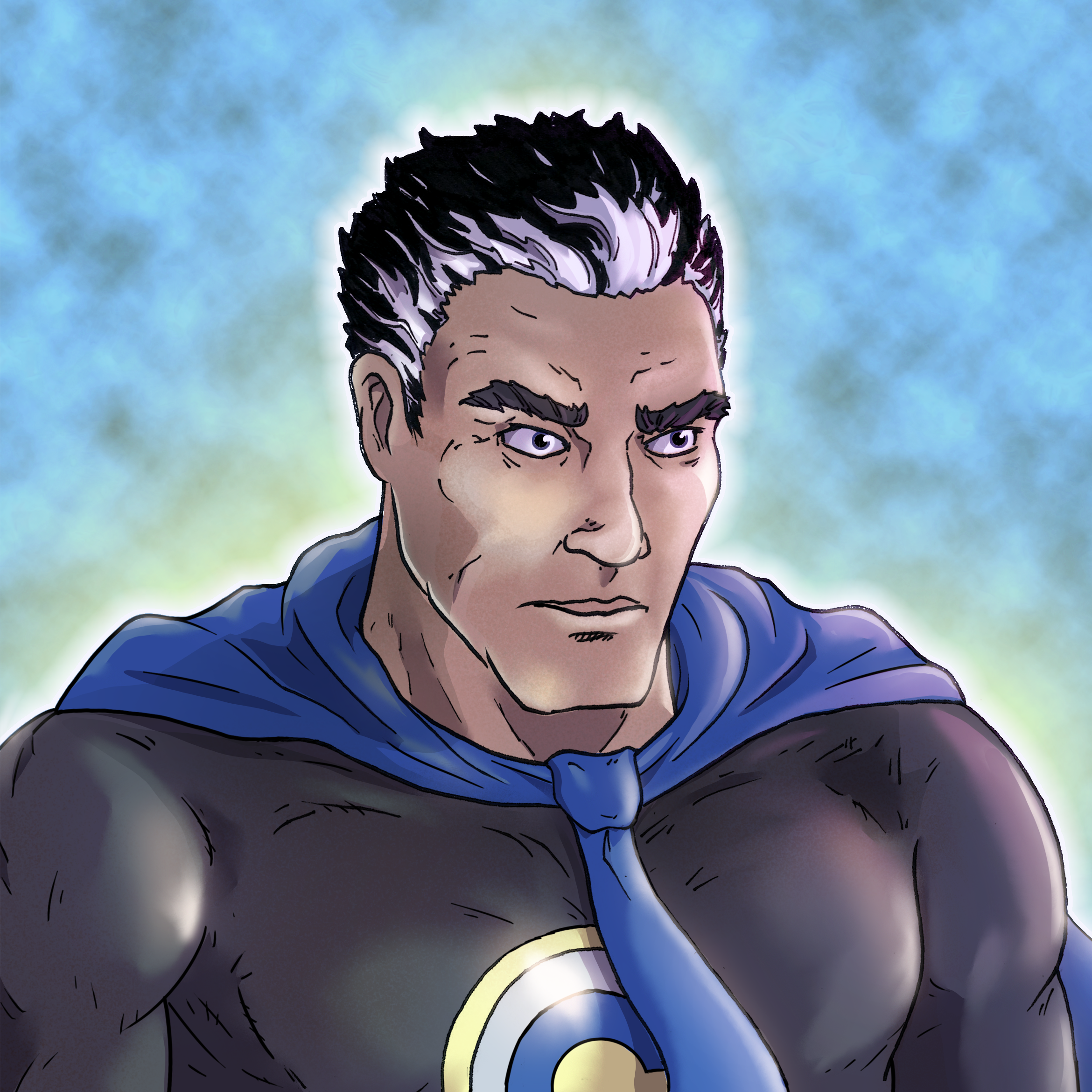
Captain Corporate is characterised by a constant connection with corporate mothership. This corporate investor does not usually focus on financial returns but rather seeks to leverage – and contribute – to the corporate centre with the ultimate goal of driving the parent’s financial success. Such loyal focus and tight relationships with business units of the corporate parent (or its partner firms) serve as a buffer from the highs and lows of the financial markets. Moreover, it can be a source of advantage at a time when the value proposition of many startups is being contested. To the extent that the corporate-startup relationship is proving commercially viable (driving sales or eliminating costs), there is a case for resilience to the corporate crusaders and the startups it backed. Finally, to the extent that the slow decision processes leading to the original investment are a testament to detailed diligence, an affiliation with Captain Corporate serves as a strong signal of good governance.
Baroness Business
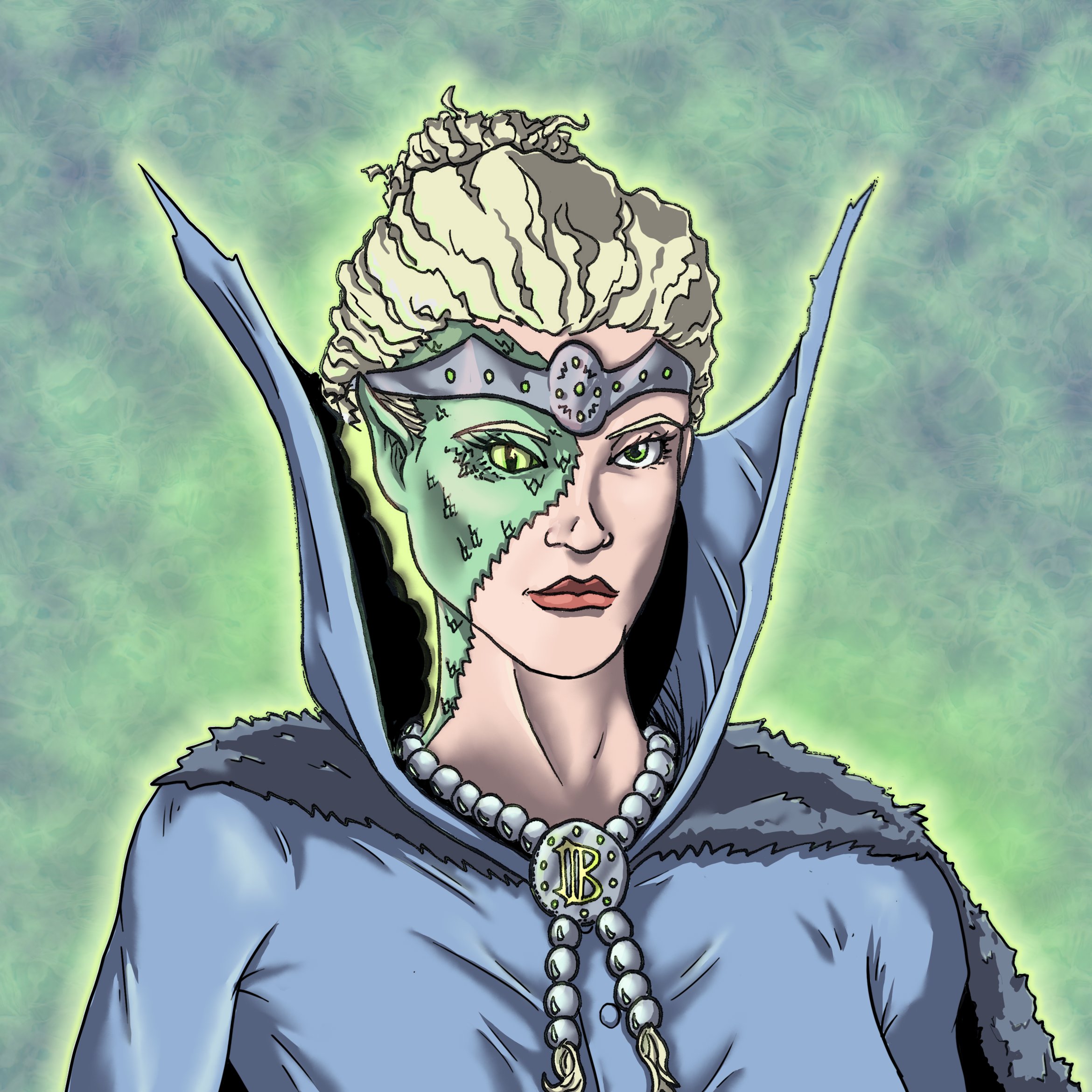
Baroness Business aims to balance its ties to the mothership corporation with the startup needs. This corporate investor pursues some synchronicity with the business unit within the corporate network, and usually requires approval of a (typically large) investment committee prior to investment. Again, the existing relationships with corporate business units can be a source of resilience. This is particularly true if those relationships contribute to current commercial success and merit the endorsement of the investment committee, the business units, and the board.
Venture Vision
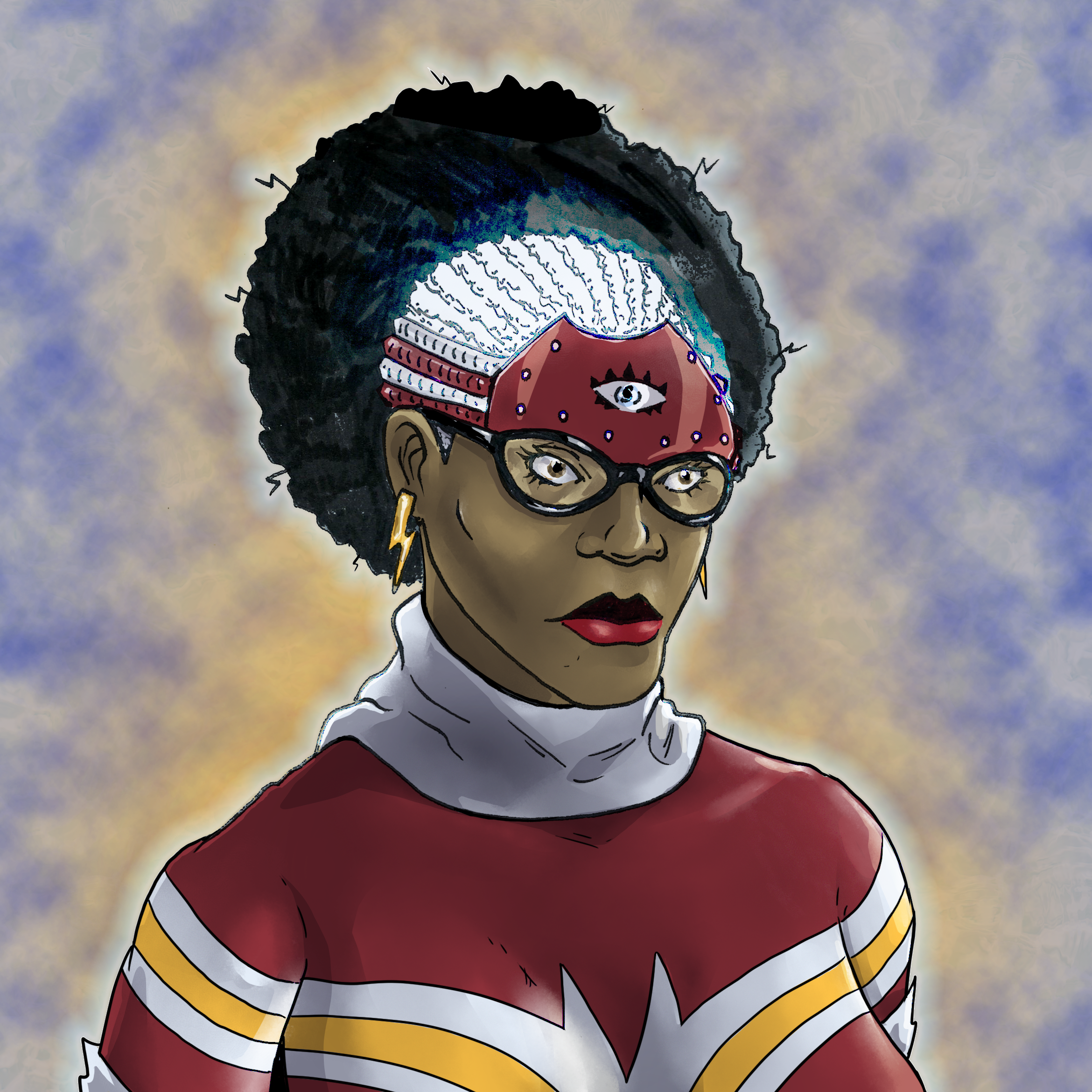
Venture Vision is the one with the loosest connection with the mothership. Given the mandate to scan the far horizon, this corporate investor usually has little to no corporate engagement and is motivated by startup success and long-term financial returns. At a time of crisis and austerity, Venture Vision may find few advocates – and a number of nemeses – within the corporate boundaries. In the face of contracting budgets and limited resources, many firms may prioritise business units and no longer allocate funding toward investment in external startups with little engagements with the corporate leads. Such internal dynamics pose a real challenge to CVC longevity, even more than pure financial VCs. At the same time, some Venture Vision units operate based on a segregated and committed pool of capital or realised gains from past successful exits. Those units may exhibit greater longevity, though some may drift further apart from the mothership and ultimately transform from a corporate crusader to a more traditional VC ninja.
The Winter is Coming: Predictions for 2023
Past crises brought about a natural selection among the ranks of startup investors, be they institutional or corporate investors. There is no reason to believe all corporate crusaders will weather the current storm. At the same time, there is room to go beyond a monolithic view of corporate venture capitalists. Certain archetypes are structured in a way that offers more resilience to weather the storm than others. Based on the discussion above, we predict that:
- Captain Corporate has the biggest opportunity to shine in 2023, depending on whether his mothership continues to support him with funding and engagement with his startups… or not. With continued support, he will be able to provide extraordinarily welcome and needed resources to their portfolio companies and continue invest in more startups, helping founders weather the storm better than any other crusaders and financial VCs can. Yet, those with a waning support from the corporate mothership will lose their credibility, and unfortunately confirm to the full ecosystem that such tight relationship to a mothership comes at a predictably high price during a global crisis.
- Baroness Business has the unique opportunity to prove her balanced superpowers are ideal when crisis comes, with goodness either from the corporate mothership or from her experienced team. Crucially, Baroness Business is not fully dependent on the value the mothership can bring, and is able to always provide some level of value, with a visible upside in those cases were the mothership can be leveraged to the benefit of the portfolio companies. To the extent Baroness Business realises her superpower, she can shift how she delivers value to startups, thus serving her well during a crisis, and allowing her to be seen as the trusted crusader the entrepreneurs need in good times and even more so in troubled times.”
- Venture Vision will face her biggest challenge in a decade, with entrepreneurs expecting more from her given her proclaimed independence and pure focus on the entrepreneurs, yet with distractions, challenges and pressure from within the corporation (notably, challenges that financial VCs will not suffer from). We predict some will prosper and equip their organisations with much needed insights and access just in time for the next macro upswing. However, some Venture Visions won’t weather the winter and will disappear within two years, while others will survive with some very visible battle scars. Finally, in the face of a challenging environment, a few will see a new dawn; renewing like phoenix as financial VCs with trusted corporate Limited Partners.
We offer these predictions as a way to start an important conversation as to which corporate VCs will bring lasting value in time of global challenges. Our starting point is that not all CVCs are born the same, as different CVCs adopt different designs in an effort to offer valid and valuable support to the entrepreneurs they back (see our discussion of corporate crusader designs on page 24 of London Business School’s Think magazine). We believe that heeding the different designs – and the unique advantages and challenges associated with each one – is key to peering into the future. We have set out our views on how might the new dawn affect both big corporations and startups, especially at a time where innovation is an important way forward and upward.
X-Ray Box
The crisis represents a double-edged sword for corporate crusaders:
Unique strengths/advantages:
★ Instills operational excellence and profit-orientation
★ Facilitates business relationships and commercial value-add
★ Enhances market awareness and endorsement
★ Certification (or at least perception) of ‘good governance.’Unique challenges/disadvantages:
★ ‘Capital calls’ are discretionary and potentially internally contested
★ Value-add to business units or parent firm is not always clear (in the short run), and even more challenged in times of economic upheaval
★Co-investors and entrepreneurs’ concerns about longevity can give rise to a vicious cycle
Nicolas Sauvage is president of TDK Ventures. Gary Dushnitsky is Associate Professor of Strategy and Entrepreneurship at London Business School.








